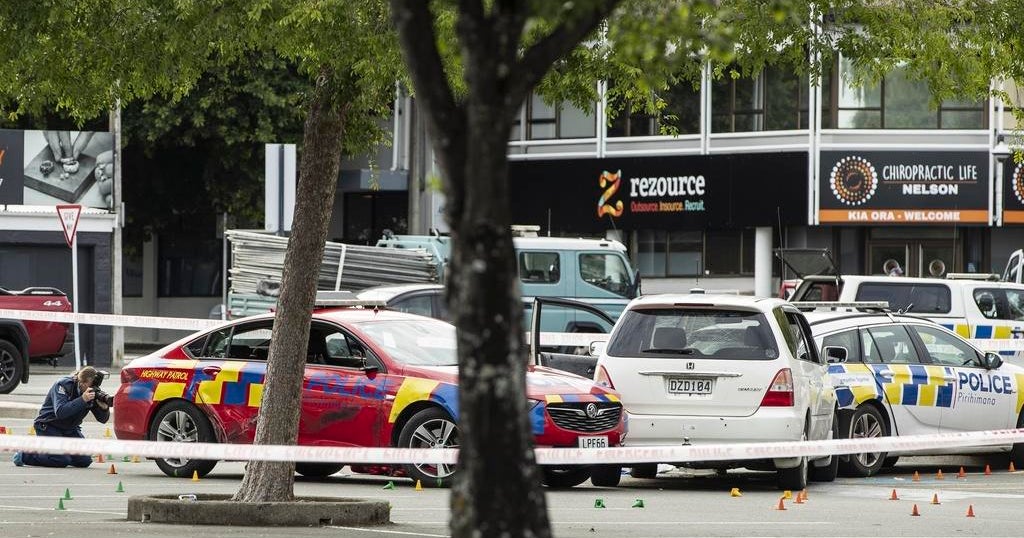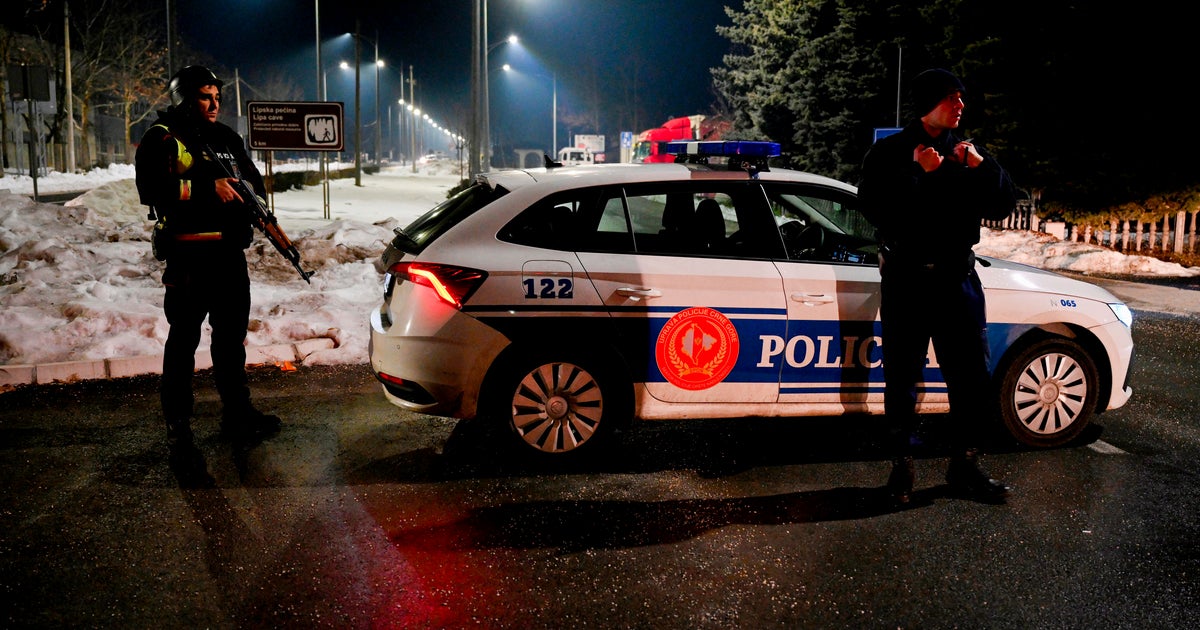French official accuses Paris police of "shocking" tactics in violent clearing of migrant camp
Paris — France's interior minister has called some of the images posted online of police clearing an illegal migrant camp in central Paris on Monday night "shocking." Interior Minister Gerald Darmanin has promised an investigation into accusations that officers were heavy-handed, tipping over tents, chasing people down streets and hitting protesters and journalists with truncheons.
Darmanin, who is in charge of all France's police forces, tweeted Tuesday that the Paris police chief, Didier Lallement, had recommended calling in internal affairs inspectors over some of the actions taken by police, actions that he called "unacceptable." He called for an investigation to be wrapped up in just 48 hours — and made public.
Some 450 refugees, mostly from Afghanistan, had set up tents at the Place de la République on Monday evening in protest of the clearing-out of a large migrant camp in the suburb of Saint-Denis a week ago. That clearance left scores of migrants with nowhere to sleep.
Within an hour of it being set up, the Paris police chief ordered the illegal camp to be cleared, and when police moved in, it quickly turned violent.
There were clashes with protesters, people who had been asleep were dragged from their tents, and police used tear gas and flash grenades to clear the square. Unverified videos posted online appeared to show police pushing and shoving refugees and activists, and reports of a policeman tripping up one person trying to flee have led to charges against an officer.
Opposition politicians denounced the "savagery" of the evacuation. French media reported that members of President Emmanuel Macron's own ruling centrist LREM party were voicing concern over the violence and the decision to move the migrants out without offering alternative shelter.
The clear-out happened just ahead of a debate in the National Assembly on Tuesday over a proposed law that would make it illegal to broadcast images of police during an intervention. The proposal has provoked an outcry, with accusations of attempts to trample on press freedom.
Police unions argue that their members are often filmed up close with smartphones by people who then post the video or photos on social media, with the names of the officers, and sometimes the names and addresses of their families.
Journalists' unions are concerned that reporters could be arrested for trying to film an ongoing event, or for a live broadcast, when the faces of police officers cannot be blurred, as the legislation would require. The European Commission also weighed in on Monday, with a reminder that journalists should be able "to do their work freely and in safety."
On Tuesday afternoon, French Prime Minister Jean Castex said he would refer the bill to the country's Supreme Court for consideration, while defending what he called an "excellent" piece of legislation.
Five years ago, far-right leader Marine Le Pen benefitted in the presidential election from a feeling of insecurity about immigrants, as polls suggested many French felt there were too many in the country. Le Pen lost then, but looks set to be President Macron's chief rival in next year's election.
More recent polls, however, show softening views of migrants. Concern about insecurity linked to the presence of migrant camps has dropped sharply in recent years, and one poll suggested that French people consistently overestimate the actual number of migrants and refugees in the country.





